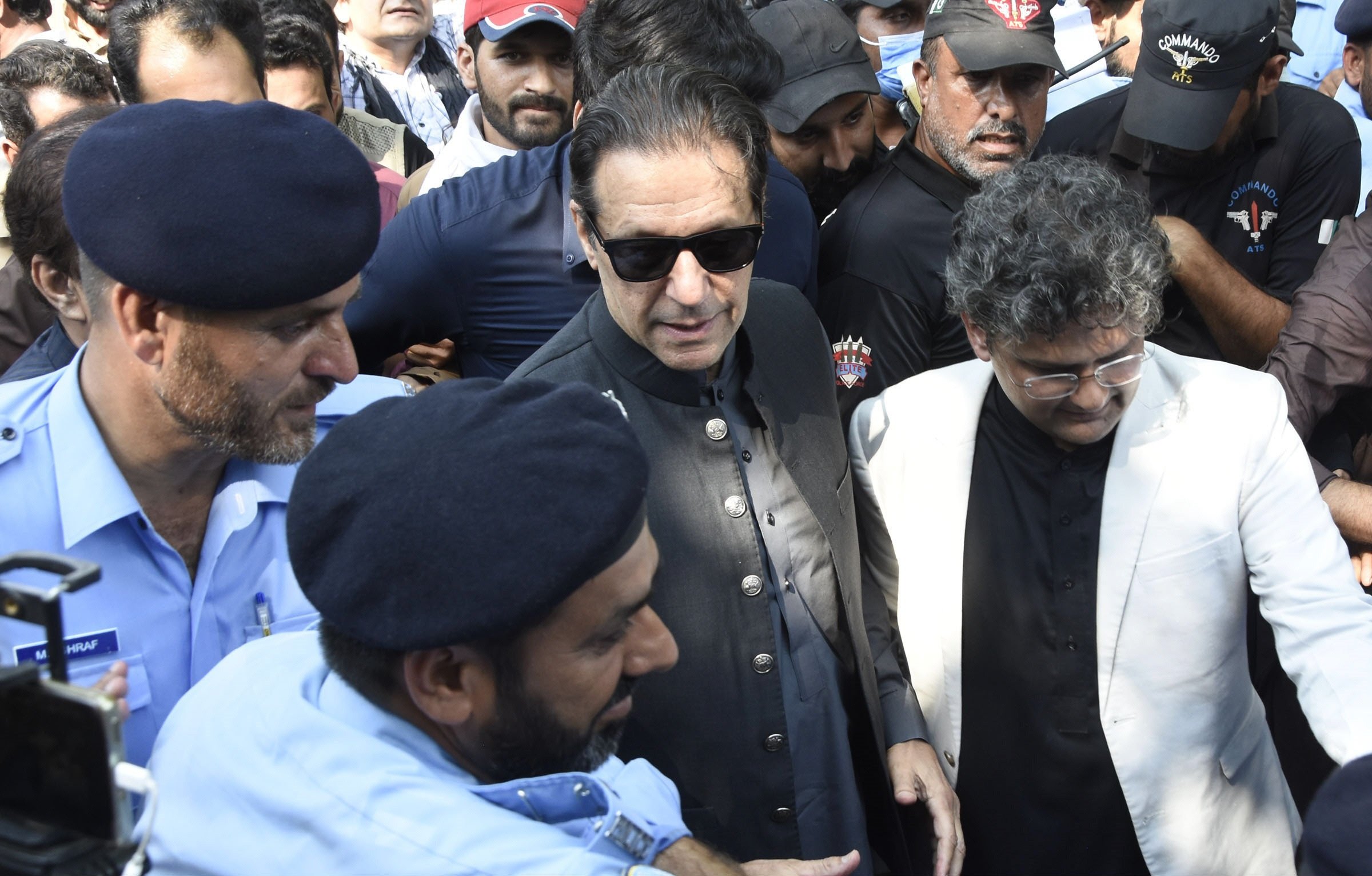
The Election Commission of Pakistan (ECP) on Monday reserved its decision regarding former premier and Pakistan Tehreek-e-Insaf (PTI) chief Imran Khan’s disqualification in the Toshakhana reference.
In a hearing held earlier today, the PTI chairman's counsel Barrister Ali Zafar admitted to Imran selling at least four presents he had received in 2018-19 from foreign dignitaries.
Pakistan Muslim League-N (PML-N) lawyer Khalid Ishaq said that Imran had admitted to receiving gifts in his response to the ECP and had also confessed that the gifts were not disclosed in the statements but claimed that items of daily use "were not disclosed by anyone".
Responding to that, Advocate Zafar said that items of daily use, such as, "a tie and prayer beads were not disclosed even by me".
Ishaq further argued that the price of an undisclosed cufflink is said to be Rs5.7million, adding that the ex-PM had given another argument in his response that he had sold off some of the gifts during that fiscal year itself.
Read Toshakhana reference 'misleading, baseless', Imran tells ECP
He maintained that even if Imran believes "there is no need to disclose already sold assets, [the] ECP can still disqualify him on this basis".
In response, the commission's Sindh member Nisar Durrani said that there is no disqualification if assets are not disclosed "by mistake".
During his argument, the PML-N counsel referred to the Panama case and said that “in its revision, it was objected that Article 62 (1) (F) cannot be applied without a trial on which the court had said that Nawaz Sharif had not refused to have a fixed salary.”
He added that the “court had said that if the facts are not disputed then there is no need for a trial, whereas Imran Khan has been found guilty of lying on the affidavit”.
Advocate Ishaq submitted a reply to the court, stating that the ousted premier has admitted to receiving and selling gifts but has not mentioned the price for which he sold the items and on what date.
Giving his argument, Imran’s lawyer said that the speaker "is not qualified to send a reference of Article 62 (1) (F), for which the declaration of the court is mandatory", noting that the speaker did not have any court declaration while making the decision.
“ECP has no authority to determine the honesty of the members as the Supreme Court has declared that the electoral body is not a court and if a member is convicted under Article 62 (1) (F), the speaker would send a reference for disqualification,” Zafar added.
“There is no court decision against Imran Khan and nor has he been convicted,” he maintained.
"Can the ECP not automatically take action on the concealment of assets?" questioned the commission's Punjab member. To which, Zafar said that the body is only "authorised to act within four months of the elections".
Read More Toshakhana gifts be taken back, observes IHC
The chief election commissioner then proceeded to question "can action not be taken if concrete information is received after four months?". The PTI chief’s counsel replied that while action can be taken, the "ECP is not authorised to do so".
Meanwhile, the body's Khyber-Pakhtunkhwa member said that it is also important to declare where the money given to Toshakhana came from. To this, Zafar said that keeping track of money is the "Federal Board of Revenue’s [FBR] job, not the ECP’s".
Subsequently, the ECP reserved its decision on Imran Khan’s disqualification.
It is pertinent to note that Imran while submitting a written reply in the previous hearing had denied the allegations of concealing Toshakhana gifts in the reports.
The Toshakhana case was brought before the electoral watchdog last year after the Pakistan Information Commission (PIC) had accepted an application on the matter and had directed the Cabinet Division to provide information about the gifts received by then-prime minister Imran Khan from foreign dignitaries.
1731588327-0/BeFunky-collage-(59)1731588327-0-405x300.webp)
1731587470-0/lady-gaga-(2)1731587470-0-165x106.webp)

1727341229-0/diddy-(13)1727341229-0-165x106.webp)
1731584966-0/diddy-(43)1731584966-0-165x106.webp)
1731588892-0/cover_1731582785FotoJet-(4)1731588892-0-270x192.webp)
1731587087-0/cover_1731577571FotoJet-(1)1731587087-0-270x192.webp)

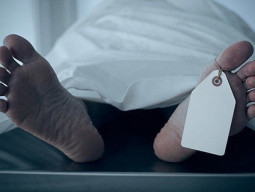


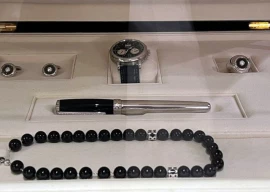
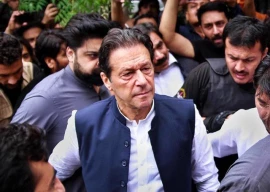
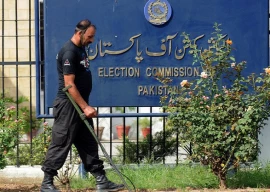






COMMENTS
Comments are moderated and generally will be posted if they are on-topic and not abusive.
For more information, please see our Comments FAQ